When these people speak honestly behind closed doors – not putting on an act for the public or the liberal media, not fearing pressure from NGOs – they make it clear, especially the foreign ministers from smaller member states, that they, for their part, also insist on the unanimous decision-making mechanism.
Let's switch to diplomacy. When you appoint an ambassador or a diplomat, you give the Hungarian ambassador diplomatic tasks, or you send him or her to intervene in domestic politics, in, say, Berlin or Washington.
I appoint ambassadors to develop relations between the two countries in a way that yields benefits for Hungary. The ambassador's task is to build the best possible relationship between the two countries, so that Hungarian companies can do as much as possible to establish themselves in the market of the country in question, enabling Hungary to bring job-creating investment from that country, if possible.
I have expressly forbidden any ambassador – this is a rule here at the foreign affairs ministry – to participate in actions affecting the domestic politics of the given country, and they cannot even express an opinion on domestic political issues, because that is not their job. They are not paid for this, but to develop relations between the two countries. If there were an ambassador who interfered in any issue affecting the domestic politics of a given country, took a stand or participated in a joint European action without my permission, then of course the move would entail immediate dismissal.
Now we have been talking about the US ambassador, about David Pressman...
...without naming him once. Obviously, the American ambassador always gets a lot of attention because he represents the United States of America. But he is not the only one. That is why I sat down with the ambassadors of EU member states before the parliamentary elections last year and told them clearly so that everyone could understand: they should not meddle in the Hungarian election process, should not act like governors, should not organize campaigns or state opinions, but simply refrain from interfering. This was leaked as if I had been making disguised threats. This is not true, because I threatened them quite openly, saying that interfering in the Hungarian election process would render our professional cooperation impossible. This should be as obvious as two times two equals four.
To close our conversation, let's look at the numerous questions related to Ukraine. First of all, there is the issue of the Hungarians living in Transcarpathia, which is the most important matter for Hungary. Then there is the issue of Ukrainian grain and Ukrainians suing Hungary. And then we have the question of Hungary's OTP Bank although there was a feeble attempt over the weekend at resolving the issue.
If the question is what our three biggest disputes with Ukraine are, then you have listed them. Firstly, it is unacceptable for a country seeking to join the European Union to continuously restrict national communities living on its territory in the exercise of their rights. It is also unacceptable for a country seeking to join the European Union to initiate legal proceedings against European Union member states over trade issues. It is also unacceptable that Ukrainians want Hungarian taxpayers' money, for example, from the European Peace Framework fund, while the bank that manages the accounts of a significant part of the Hungarian population, and that fundamentally determines the performance of Hungary's economy, is added to the list of international sponsors of the war. These are three disputed issues that would be very easy to resolve if the Ukrainians whad the will.
The rights of the ethnic Hungarian community to use their mother tongue have been significantly curtailed by the Ukrainian state since 2015. Restoring the rights of Transcarpathia's Hungarian minority to the 2015 level - nothing extra, just returning rights that already existed - depends solely on Ukraine. We cannot help with this, it is not us making the laws in Ukraine.
Removing Hungary's largest bank from the list they compiled, from the list of international sponsors of the war, again depends only on the Ukranians. They included the bank in the list, they can remove it. OTP Bank was added to the list for four completely false reasons, and when these four reasons turned out to be ridiculous and untenable to the outside world, Ukrainians began to set a series of new conditions, which is obviously blackmail.
Thirdly, the grain issue. In this regard, Ukrainians should realize that there was an agreement. Since the Ukrainians cannot transport grain on the Black Sea to Africa, the Middle East, Asia and wherever it is needed, countries in Central Europe, including Hungary, have opened transit routes. Ukrainians bringing the grain here, flooding the Central European markets with it, ruining the livelihood of Central European farmers, making a big profit and then going home was out of the question. It was agreed that grain would pass through these countries to reach ports where it is loaded onto ships and taken where it is needed. We have made the necessary investments. Hungary has the largest transshipment capacity on Ukraine's western border.
Mainstream media reports suggest the intensity of aid to Ukraine shows some sign of fatigue. What do you perceive of this when you talk to colleagues in the back rooms? A growing number of people say that Ukrainians cannot show their gratitude.
I can tell you that the world outside Europe is very much looking forward to the end of this war, because there are many things they don't understand. For example, they do not understand how it is possible that the European Union takes a fantastic moral high ground, calling for peace, negotiations and an immediate end to violence whenever there is a war in a country outside Europe. However, when there is a war in Europe, the European Union is fueling the conflict and supplying weapons. Anyone talking about peace is immediately stigmatized. Nor do they understand why Europe has globalized this conflict. They don't understand why the war in Europe causes people in Asia, South American, African to pay the price in the form of skyrocketing inflation, high energy prices or disrupted food supplies.
Unfortunately, we have first-hand experience of some of these problems, which is why we are accorded great respect outside Europe. I encountered this appreciation several times at the UN General Assembly. There are colleagues in the Council of Foreign Ministers here, in Europe as well, who tell us behind closed doors, face to face, before council meetings, that we represent a superb position and that they hope we will succeed in getting it through. But when I ask them to say something in support, then they say that they can't do that, that they are under too much pressure and so on. So the political leaders in Europe are still in a war psychosis. On top of this, there is another important aspect. Facts show that Europe made extremely serious mistakes and brought extremely bad decisions regarding the war. The sanctions policy leading to the hurting of Europe's competitiveness is an example of the former while entering into an arms supply competition with the US is an example of the latter in the context of Ukraine. The more weapons we supply, the more people will die, and the longer the war lasts, the higher the damage will be. And the more sanctions packages we accept, the more we will harm Europe's competitiveness.
Those who forced these steps and caused damage must be held to account. How can political responsibility be established? Resignation? Obviously, European politicians currently in office do not want to make this move. In Slovakia, this was resolved by Slovak voters, who sent away previous leaders and elected others.
Cover photo: Hungarian Minister of Foreign Affairs and Trade Peter Szijjarto (Photo: Andras Eberling)
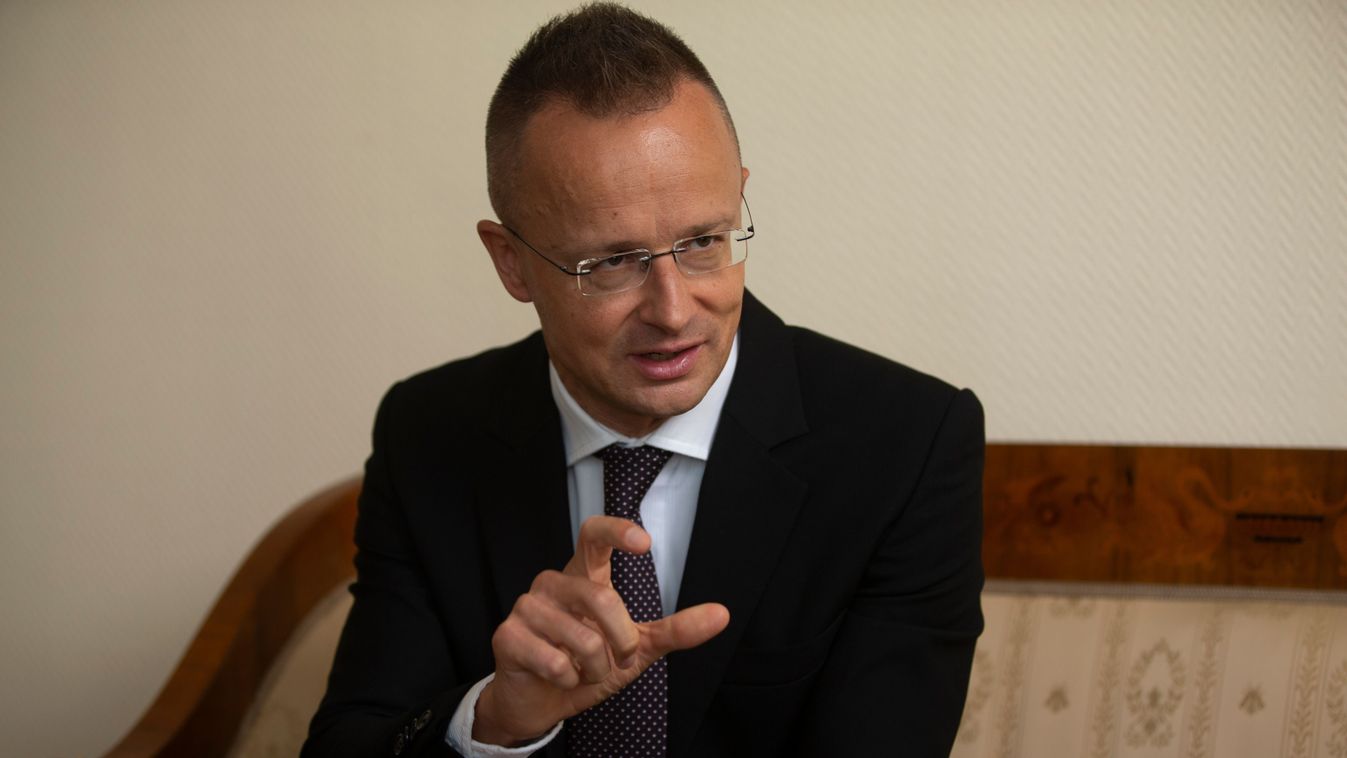
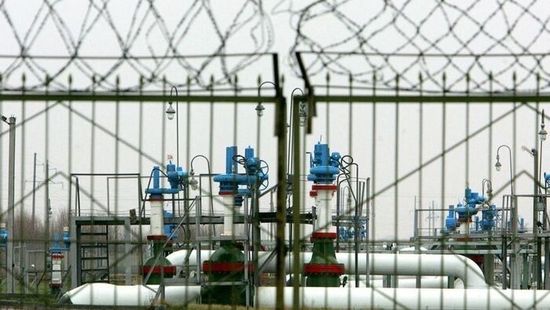
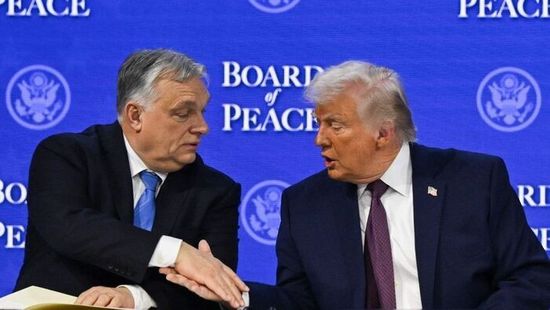

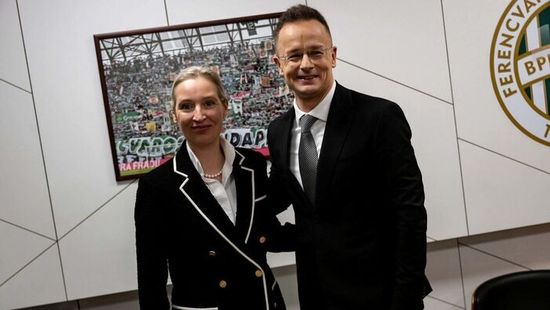

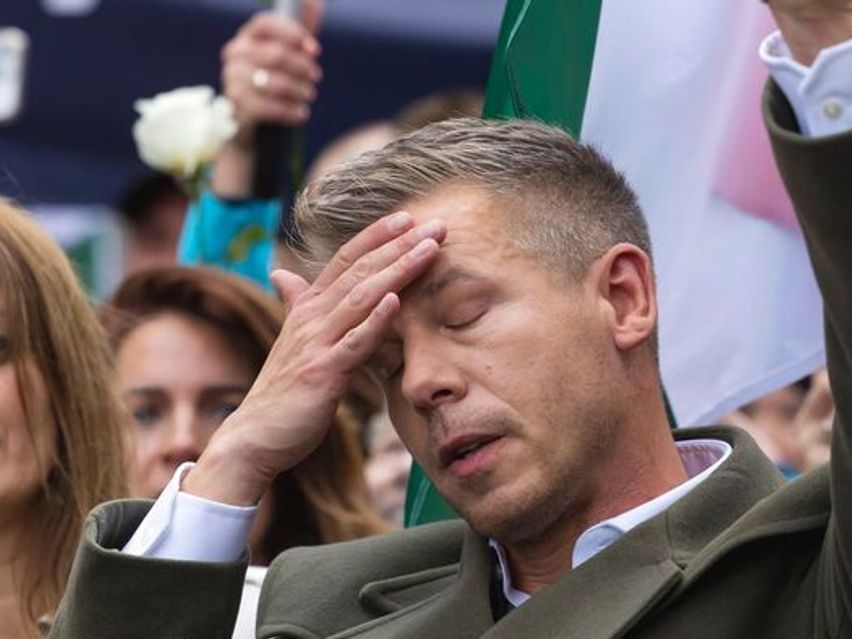

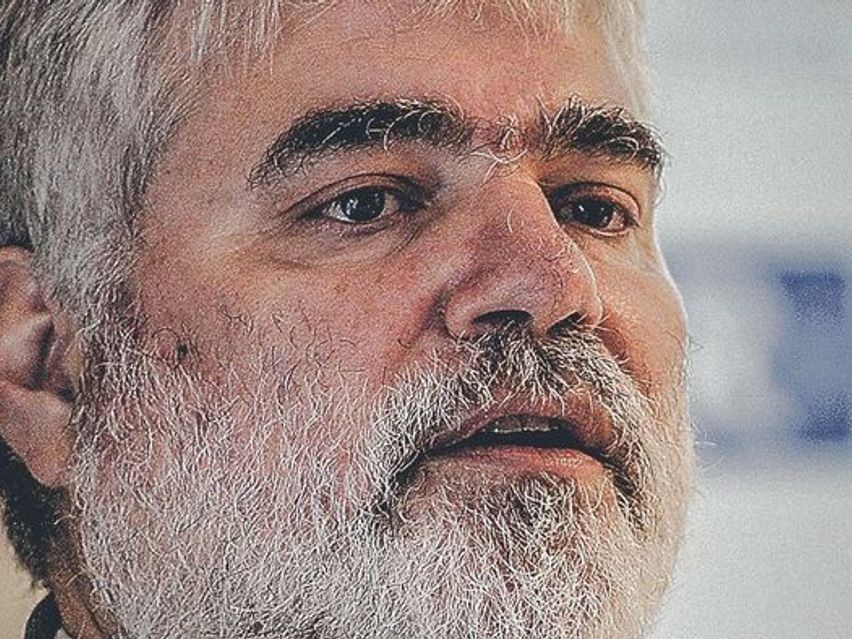



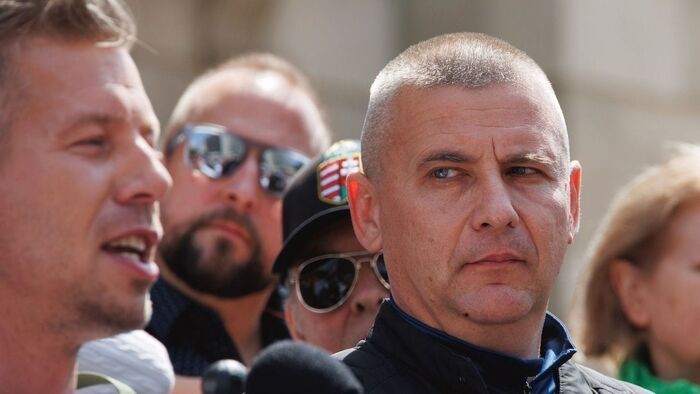


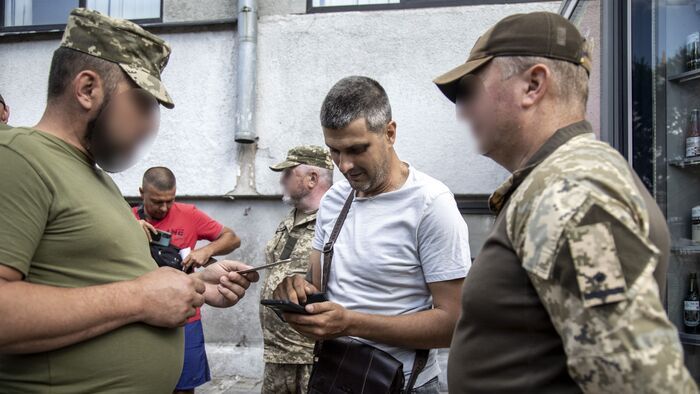

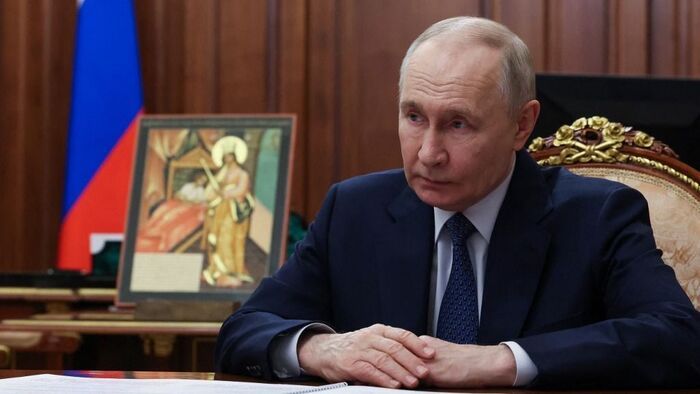



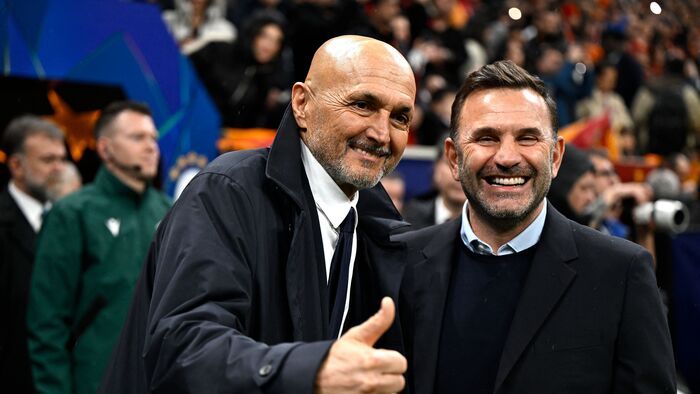

Szóljon hozzá!
Jelenleg csak a hozzászólások egy kis részét látja. Hozzászóláshoz és a további kommentek megtekintéséhez lépjen be, vagy regisztráljon!